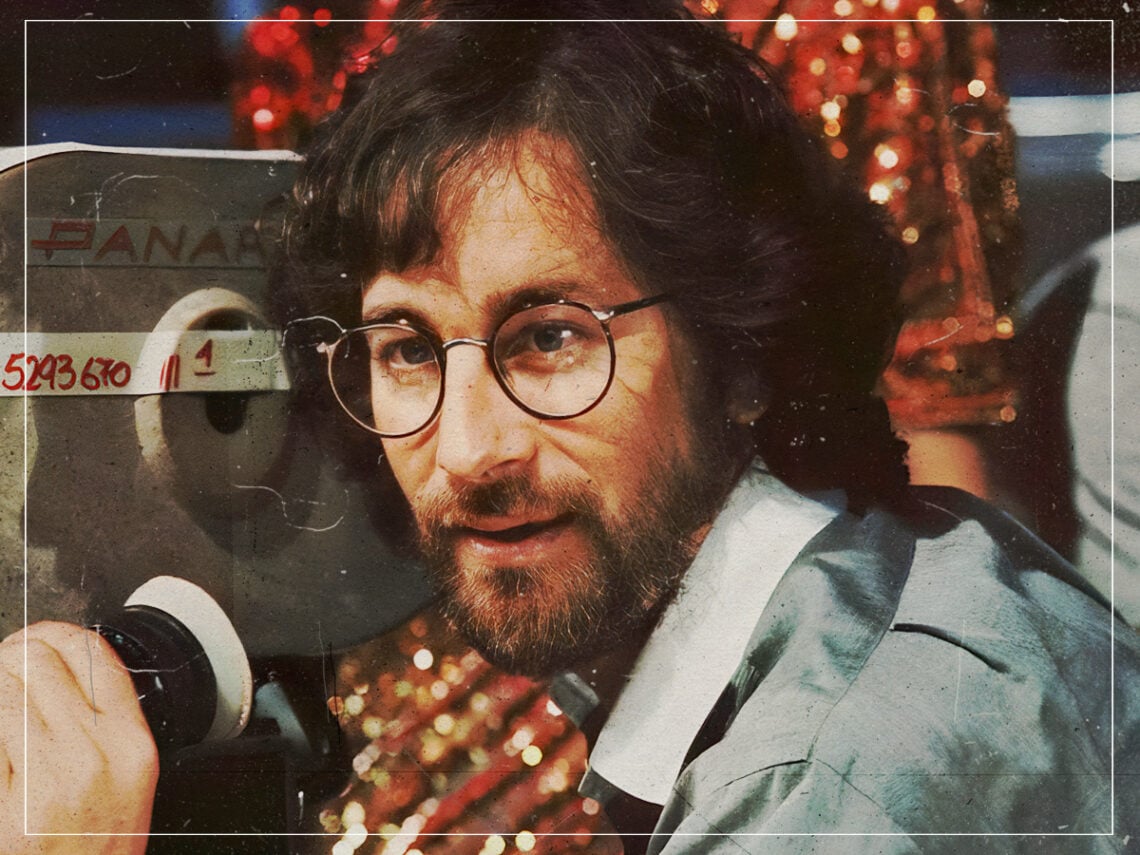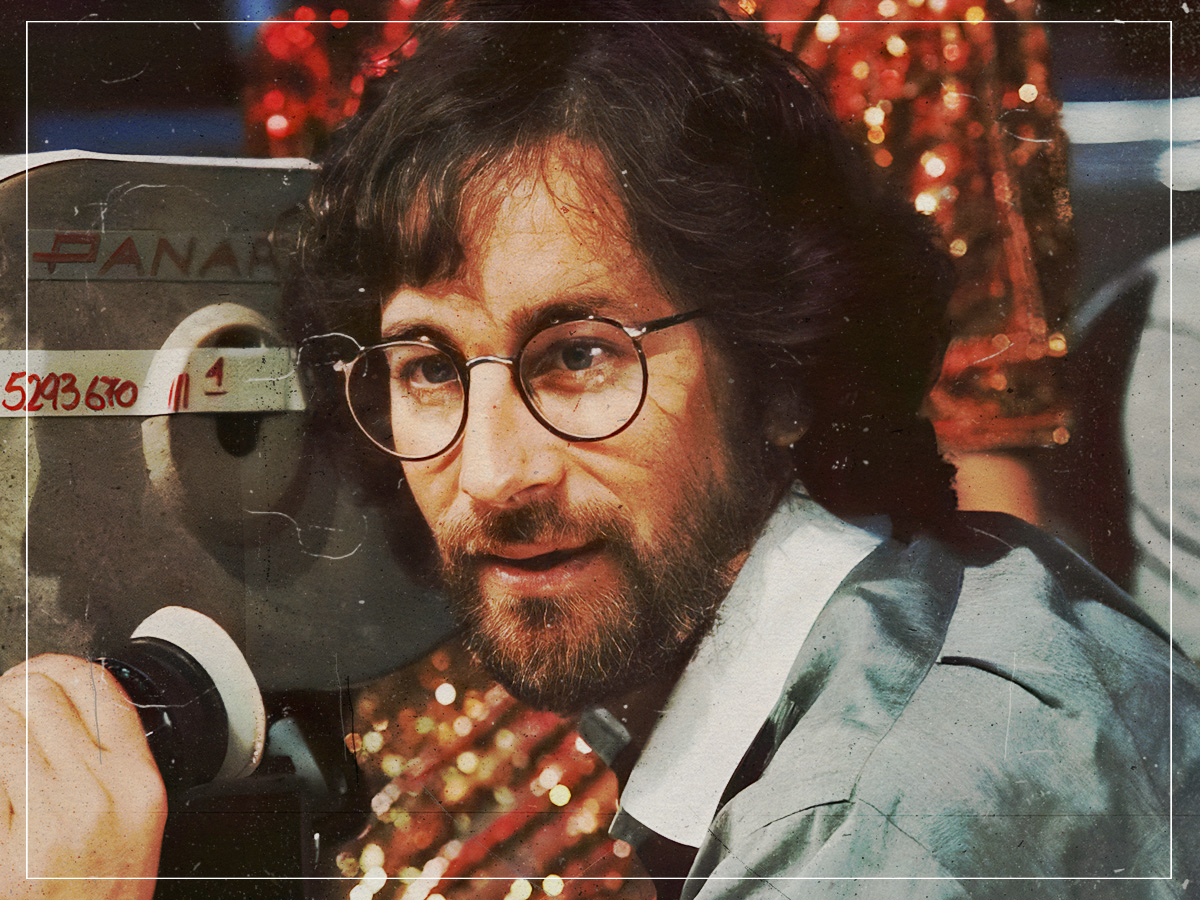
(Credits: Far Out / Alamy)
Mon 8 September 2025 17:45, UK
Ask a movie buff to name the actors they most associate with moustache-twirling screen villainy, and a few names will immediately spring to mind. In Steven Spielberg’s opinion, though, there is one big-screen bad guy who holds the crown as the best in the world.
Creating a truly great movie villain is a tall order, and something that most movies simply fail to accomplish. This is why, when any actor shows they have an aptitude for memorable, charismatic, terrifying performances, they tend to be typecast as denizens of the dark side. After all, bad villains are a dime a dozen, but good villains are as rare as goldust.
Gary Oldman became Hollywood’s go-to black hat in the ‘90s thanks to movies like The Fifth Element, Leon: The Professional, and Air Force One, which all popped with the intensity of spiced champagne. He delivered instantly iconic, menacing turns in those films, and audiences lapped them up.
Other actors who became synonymous with playing baddies in the modern era include the mercurial Alan Rickman, the menacing Christoph Waltz, devilish Glenn Close, and the charismatic Christopher Walken, while a trip into Hollywood history reveals the likes of Bela Lugosi, Boris Karloff, and Peter Lorre as the villains du jour.
Fascinatingly, though, none of these legends were pinpointed by Spielberg as the best of the best at portraying on-screen wickedness. Instead, he picked an international actor who was an idol in his homeland, but virtually unknown to American and European audiences. Well, aside from one role that scarred an entire generation of children. “Amrish is my favourite villain,” Spielberg once gushed about Amrish Puri, who played the infamous heart-ripping voodoo priest Mola Ram in Indiana Jones and the Temple of Doom. “The best the world has ever produced and ever will.”
To Western audiences, this may sound like an unusual pick, but that is simply because Puri only worked on two Hollywood films. Starring in Richard Attenborough’s Gandhi in 1982 was integral to his signing up for Temple of Doom.
For a Punjabi actor, playing a character who catered to old-fashioned racist stereotypes was a big call, but Attenborough convinced him it could be good for his career. Puri’s resume was filled with moments where he had used his dominating physical presence, intense eyes, and booming voice to become the antagonist of countless Hindi productions. Ram was a natural fit.
It was a packed resume, too. When Spielberg’s team made contact with Puri, he was somehow managing to shoot 18 movies at once in India and Sri Lanka. Producer Robert Watts confessed, “The Indian film industry operates in a manner that would drive me stark raving mad. The actors work sometimes two or even three shifts a day…and they may work on two or three different films. They’ll be in one in the morning and another in the afternoon.”
Spielberg was amazed that any actor could work in such a manner, so he personally flew to visit Puri in India. He was so taken with him that he offered him the role on the spot, and the production moved heaven and earth to accommodate Puri’s mind-boggling schedule. “He had to juggle around all his Indian commitments to do this movie,” Watts revealed. “It wasn’t easy.”
By the end of the Temple of Doom shoot, though, Spielberg was convinced he’d not only hired the right man for the job; he’d hired the greatest villain actor in the history of world cinema. In 2023, Puri’s son Ranjeev revealed his father always treasured a handwritten note Spielberg penned when filming wrapped, which still has pride of place in the family home two decades after Puri’s death in 2005.
“To my best villain, you are unique in all the world as a bad guy, and in the real world we live in,” Spielberg’s missive read. “You are a terrific human being. I loved every minute of our work together, can’t wait to work with you again.” Ultimately, the Jurassic Park director didn’t get to reconnect with Puri, primarily because the actor chose to return to Indian cinema following his brief flirtation with Hollywood, but the impression he left was deeply profound.
Related Topics

